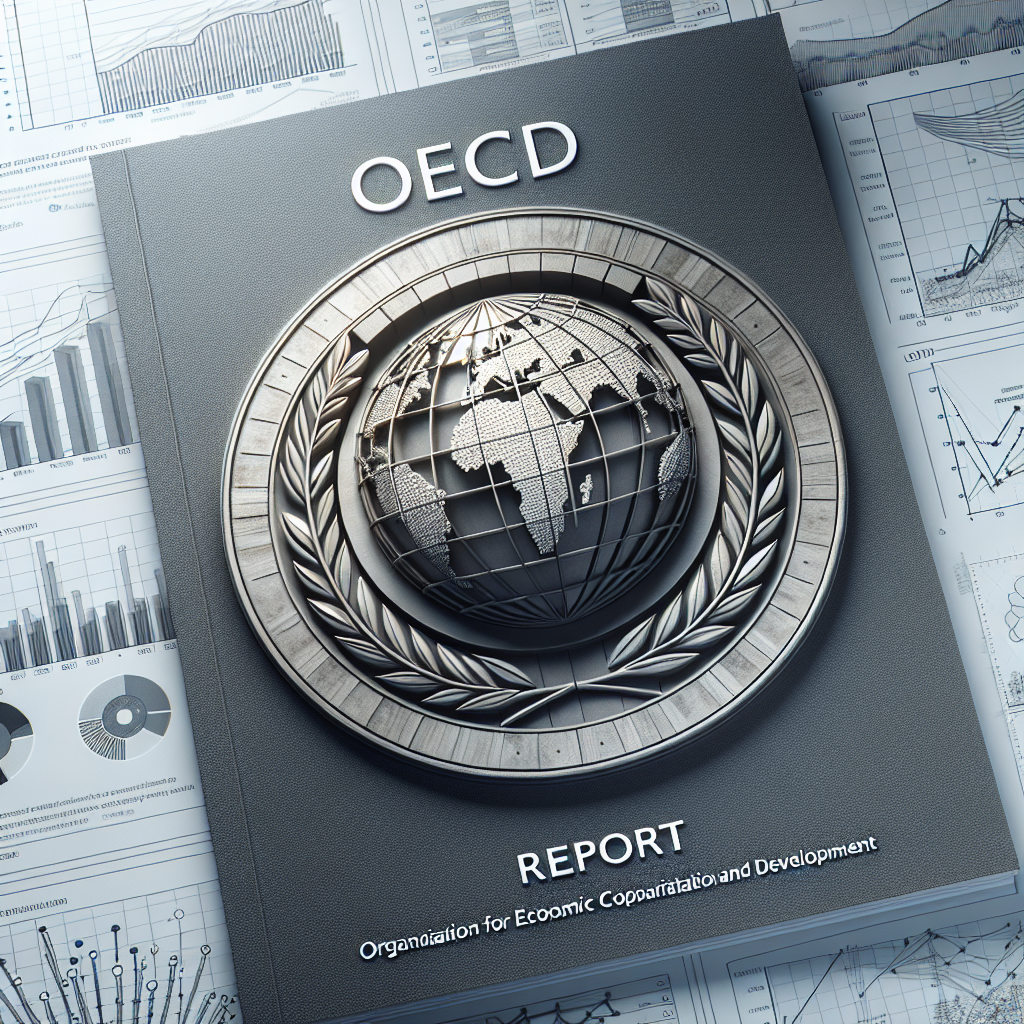Germany's Economic Forecast Dims Amid Political Turmoil
The OECD has revised its growth forecast for Germany, citing political uncertainty and tight fiscal policies. The economy is expected to grow by 0.7% in 2025, down from the previously forecast 1.1%. The collapse of the ruling coalition and potential trade tensions with the U.S. contribute to economic challenges.

The OECD has revised downward its forecast for German economic growth, attributing the adjustment to political instability and stringent fiscal measures. Germany's economy is expected to experience stagnation this year, with a growth rate of just 0.7% predicted for 2025, revised down from 1.1%.
OECD representative Isabell Koske warned that Germany could lag behind other OECD nations, primarily due to last month's collapse of the ruling coalition and potential trade conflicts with the United States, following a Trump victory. Economic uncertainty remains a pressing concern as the 2025 budget talks have failed and no measures will be adopted until the planned early elections in February.
Despite low inflation and rising wages supporting real incomes and private consumption, global demand weakness and fiscal policy constraints pose significant challenges. Exports may gradually recover, but the current fiscal environment could hinder investment and demand.
(With inputs from agencies.)
ALSO READ
India Braces for 2025: Resilience Amidst U.S.-China Trade War Shocks
Shiv Sena's Unwavering Commitment to Eknath Shinde Amid Political Uncertainty
Howard Lutnick's China Conundrum: Navigating Trade Wars and Business Ties
Reviving EU Economic Integration Amid Looming Trade War
China's Market Woes Amidst Trade War Uncertainty










